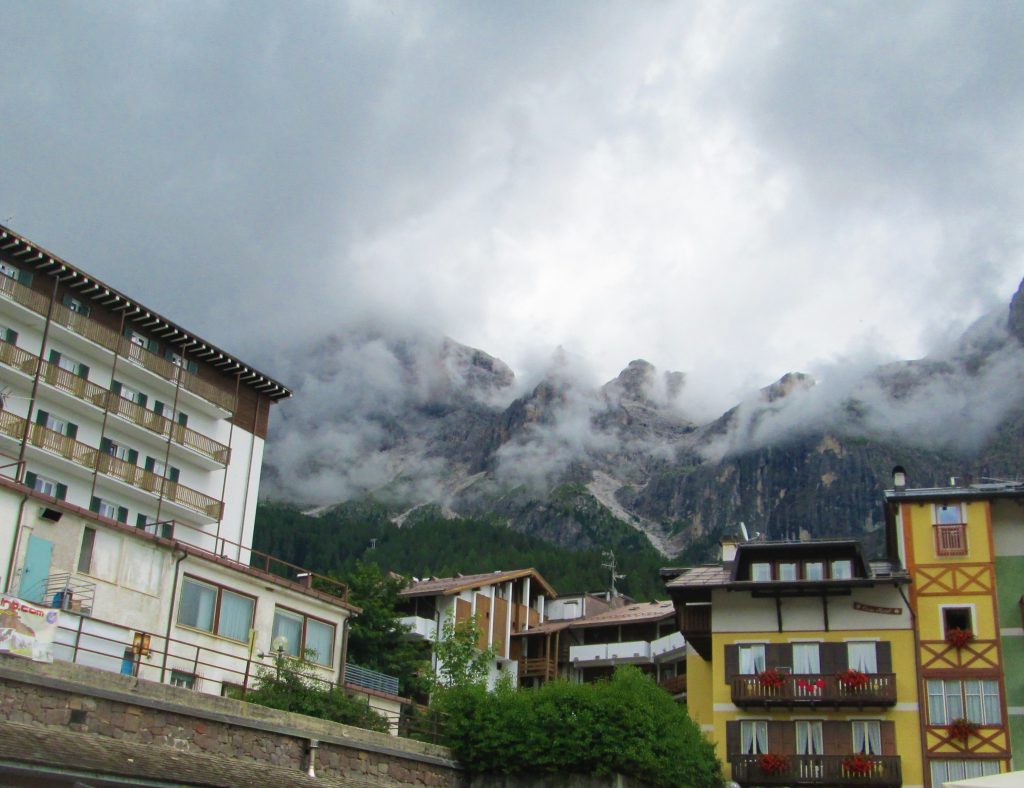Fortgang Stories, First Series
Fortgang’s Childhood Sweetheart
The little girl skipping rope in front of Fortgang’s building reminded him of his childhood sweetheart, Claire Needleman. Whatever happened to Claire? He’d never had as much fun with his adult sweethearts, that was for sure. He couldn’t even remember ever having played tag with one of them. With adult sweethearts there’s always the insecurity, the jealousy, the disagreements, the responsibilities, the compromises. With Claire it was all fun and games. Fortgang was overcome by a wave of nostalgia, a wistful question mark in the pit of his stomach. The little girl was singing as she jumped rope, “Little Brown Jug.” That voice—that was Claire’s voice he heard singing, “Ha ha ha, you and me, little brown jug how I love thee.” Fortgang was transported back to a carefree, joyful time.
“You have a beautiful voice,” Fortgang told the little girl.
“Thank you, mister,” the girl replied.
“You remind me of a girl I once knew,” Fortgang said. “Her name was Claire.”
“Claire was my mom’s name,” the girl said. “She died.”
The question mark in the pit of Fortgang’s stomach sank. “I’m so sorry,” Fortgang told the little girl. He wondered if he should, then he did. “By any chance was your mom’s maiden name Needleman?”
“No,” the girl replied, “Sanders.”
Fortgang breathed a sigh of relief. “Nice to meet you,” he told the little girl before heading back upstairs to weep in solitude.
Fortgang Attempts a Cake
There was a couple in Fortgang’s neighborhood, an older couple he would see on his strolls. They look like nice people, Fortgang thought. He never spoke to them, but when they’d pass each other on the street they’d all nod and smile, the standard courtesy among known strangers. He knew where they lived, a row house a few blocks from his own building, as he sometimes saw them coming out or going in.
I’d like to talk to them, Fortgang thought, but he was too shy to make an overture.
Then one day he had an idea. I think I’ll bake them a cake, he thought. He intended it to be a surprise, an anonymous one, but with a message on the icing. It would say “To the Kellers, You seem like a nice couple. Enjoy!” He knew their name because one morning, as he was passing their house, he stealthily went up to their door and saw a brass plaque that said “The Kellers.” He figured just maybe the Kellers would stop him the next time they met and mention the cake, maybe ask him if he had baked it, just the opening he was looking for.
Fortgang had never baked anything before. He hardly even cooked. He often got takeout, and also regularly consumed frozen food, which he’d microwave—TV dinners, chicken pot pies, Mrs. Paul’s fish sticks.
He wanted to bake the cake from scratch. A store-bought cake wouldn’t do, too impersonal. So he bought all the ingredients he thought he’d need: flour, sugar, salt, butter, eggs, yeast, and baking soda. For the vanilla icing he’d use a mix, and he bought one of those cake decorating syringes and some green frosting in a can to write his message with.
Fortgang looked at a couple of recipes and felt overwhelmed, so he decided to wing it. He mixed up some flour and sugar and water and eggs and salt and yeast and baking soda in random proportions in a mixing bowl, but since he didn’t have a mixer he stirred vigorously with a large fork. He poured it all in a baking pan he had greased with some butter and put it in the oven. He didn’t know what temperature to bake at, so he tried the highest setting, which was called “broil.” He put the cake pan in the oven and went to watch an episode of Dr. Kildare, from his collection of DVDs.
Toward the end of the episode, he heard his smoke alarm go off. He ran into the kitchen. Smoke was billowing from the oven. His cake was a charred lump. There was nothing he could do to salvage it. He could forget about the icing and the message. He was despondent. He poured himself a tumbler of Johnnie Walker Red and put another DVD in the player, an episode of The Untouchables.
The following morning, just before daybreak, he went out to leave a note for the Kellers, while he figured they were still asleep. The note read, “To the Kellers, I tried to bake you a cake, but things didn’t work out.” It was unsigned. He slipped it through the mail chute in the door.
The next time he passed the Kellers on the street they all nodded and smiled at each other.
Fortgang Simulates a Broken Heart
It’s been a long time since my heart was broken, Fortgang, now middle-aged, realized. Younger, he experienced frequent heartbreak. The objects of his affection rarely reciprocated, and he was mostly indifferent to the apparent interest of those who might have. Oh, he continued to experience sadness and disappointment in the realm of romance, but he bore them stoically, no longer the gut punch of a truly broken heart. Surely it’s better this way, he thought, none of the moping and misery, the crippling inertia, just, you know, sadness and disappointment. Still, there was something he missed from the time of broken hearts, he realized, an all-encompassing misery to luxuriate in, a most vivid darkness, when the one loved does not love in return.
So he decided to simulate a broken heart for old times’ sake. But first he had to imagine a heartbreaker because, ever since his last breakup, without a broken heart, the time for that was long past, he hadn’t pursued romance, felt he needed a break, a sabbatical. No, it wasn’t romance he was looking for, it was cut-to-the-chase heartbreak. But there’s no heartbreak in a void, you can’t just go through the motions, it needs at least the trappings of the real.
But who would the object of his putative affection be? He couldn’t conjure up memories of the ones who’d broken his heart in the past, that would be cheating, it wouldn’t be a simulation of a broken heart, it would be the echo of a heart broken long ago. And the desired couldn’t be wholly imaginary either—one might seek a partner based on an ideal, but an ideal can’t break your heart. No, it had to be a real person, flesh and blood and breath and eyes and laughter.
Perhaps Lydia, from down the hall, could be pressed into service of the imagination. She was attractive, smart, friendly, and they got along well enough in their limited encounters. Funny, she was single, and just a few years younger than him, yet he had never considered her a romantic prospect.
So Fortgang went ahead created a history with Lydia, alone on his sofa with the lights turned down low. He began with the desire for Lydia, then imagined his pursuit, a date, some misinterpreted signals, an attempted seduction, a rebuff. If at first you don’t succeed, lather, rinse, repeat, but no, it wasn’t going to happen, Lydia tried to be kind, tell him in the most considerate of ways that it was not meant to be. That was it! “Not meant to be.” Those were the secret words. Bingo! Heartbreak!
Fortgang was miserable. He’d lie on the bed in the fetal position feeling sorry for himself. One day he’d sleep poorly and the next for hours on end. He lost his passion for spicy food and swing bands of the thirties.
After several days of this he heard a knock at his door. Who could that be?
“Who is it”? he asked.
“It’s me, Lydia, your neighbor. I haven’t seen you in a while, and I just wanted to make sure everything was OK.”
Lydia! So I still have a chance, Fortgang told himself as he opened the door, happier than he’d been in days.
Peter Cherches’ latest book of miscellaneous prose and poetry is Things (Bamboo Dart Press).







